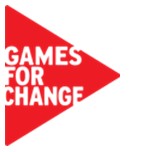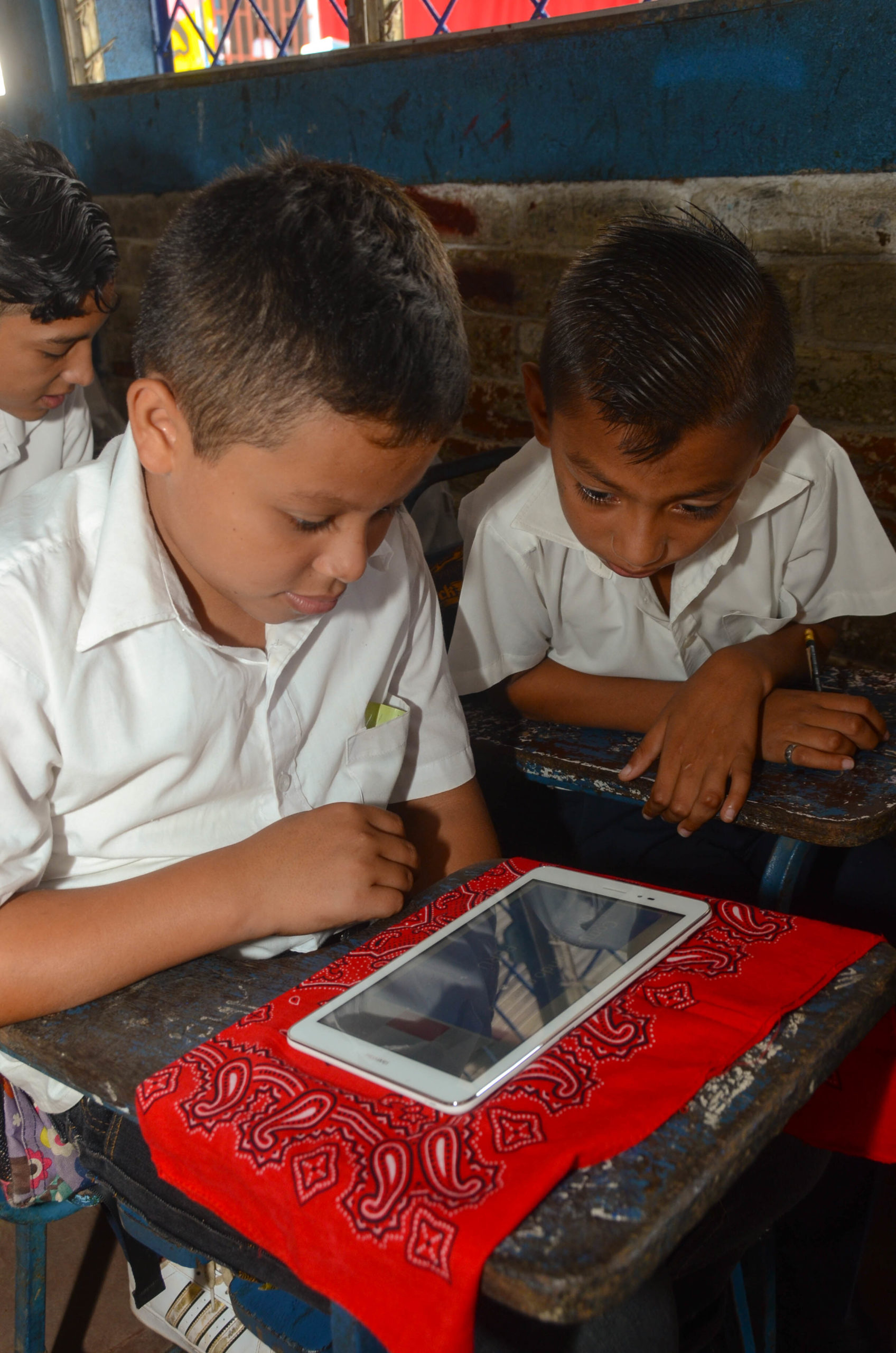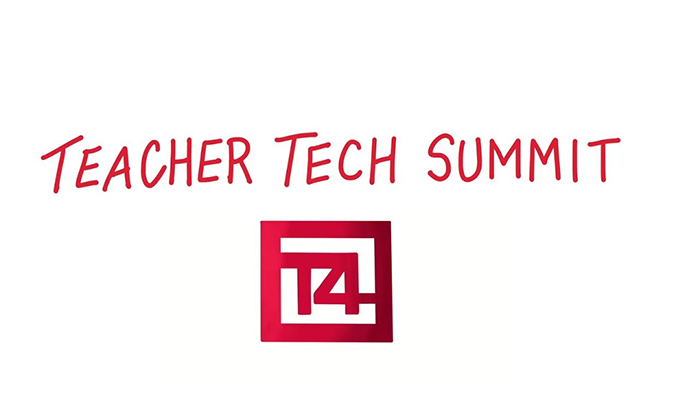The following article is adapted from one originally written by Jordan Shapiro for WISE ed.review. To read the original article in English, please click here. Follow the WISE news at @WISE_en.
How many adults are concerned about their children’s obsession with video games when they spend hours in front of a screen and at the controls of a console? This should not be a cause for concern per se, as video game players devote a great deal of concentration to understanding and mastering the game world. Gamification is not passive. It involves active participation in unique virtual worlds, full of complex rules. Playing a video game involves a lot of learning. What if we redirected these valuable intellectual resources into classroom learning?
Metacognition is the key
Current research increasingly confirms that video game learning and classroom learning work in the same way. Like the players, outstanding pupils are more adept at identifying and analysing what they do not know. Both activities require participants to possess the metacognitive skills to recognise weaknesses in their own thinking. Through self-reflection, they identify errors and adjust their behaviour to address their shortcomings through practice. This is known in game-based learning jargon as “iteration”.
In July 2007, K. Anders Ericsson, Michael J. Prietula, and Edward T. Cokely wrote a short article for The Harvard Business Review entitled The Making of an Expert. The article drew many curious readers to research showing that “exceptional performance is the product of years of deliberate practice and training, not of any innate ability”. This work greatly influenced the so-called 10,000-hour rule, formulated by Malcolm Gladwell in his bestseller Outliers. In this book, Gladwell argues for the 10,000-hour rule, which basically means that experience is a product of practice and that, to become an expert at something, you must practice for 10,000 hours. But this practice must be deliberate, metacognitive and iterative.
Metacognition, in its simplest definition, describes the ability to think about one’s own thinking. For our purposes, it could be described as the ability to self-assess a thought process or intellectual skill and to iterate and improve based on the analysis of strengths and weaknesses.
Anyone who has watched a child learning to play the popular video game Minecraft realises how important intrinsic motivation is to learning – deliberate practice. These children will be playing Minecraft for hours, researching their craft through YouTube videos and strategizing on internet discussion forums.
On the contrary, any experienced classroom teacher knows that the ability of an extrinsically motivated student to tolerate and persevere, despite boredom, will lead to academic success, as measured by test scores, but has nothing to do with long-term success.
For learners, having or developing good metacognitive functions leads to the ability to identify problem areas and seek the necessary practice to compensate for these weaknesses. For gamers, having good metacognitive functions translates into success in the game world. Exceptional pupils excel in the use of such metacognitive processes at school. Most children use them successfully when sitting in front of a tablet or video game console.
Using video games to foster metacognition in the classroom
Teachers need to understand that the more accurately a learner can assess his or her own intentional knowledge and design strategies to reinforce that knowledge, the easier learning will be. Metacognition is the foundation of good study skills.
In the classroom, when students struggle with metacognitive skills, teachers have to intervene and facilitate:
- Modelling good learning strategies.
- Demonstrating continuous evaluation and constant feedback so that metacognitive iteration eventually becomes a habitual self-practice for learners.
- Focusing on isolating the necessary skills and building the necessary supports for deliberate knowledge acquisition and practice.
A great strategy is to use video game metaphors when talking to students and let them see that every failure is like losing a life while playing Pac-Man. It is simply an iterative step on the road to ultimate success.
If you have technological resources, try to incorporate educational video games into your curriculum. Game designers are increasingly working to engage students in game-based deliberative practice around traditional academic subjects.
Let us apply the wisdom of the game world to our daily lives. It’s sure to be worth it.






